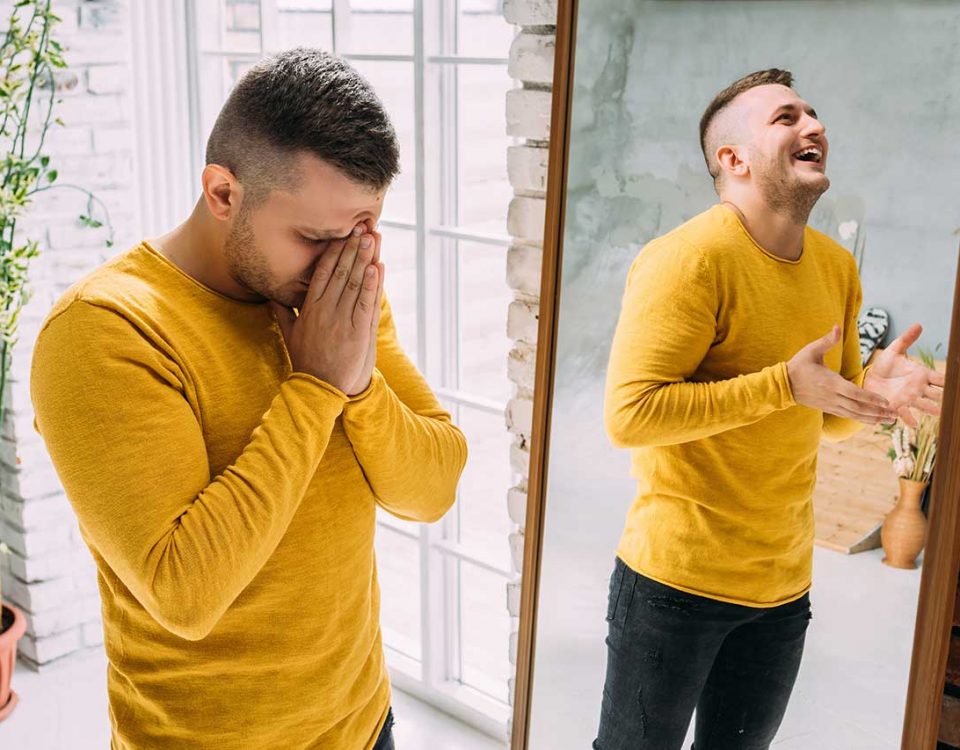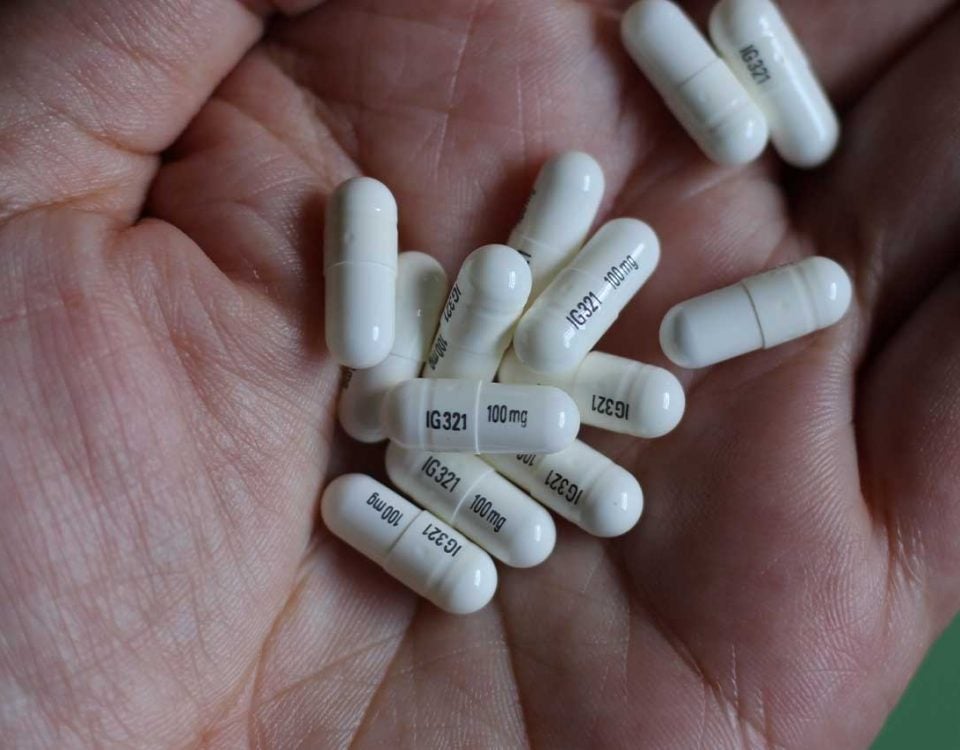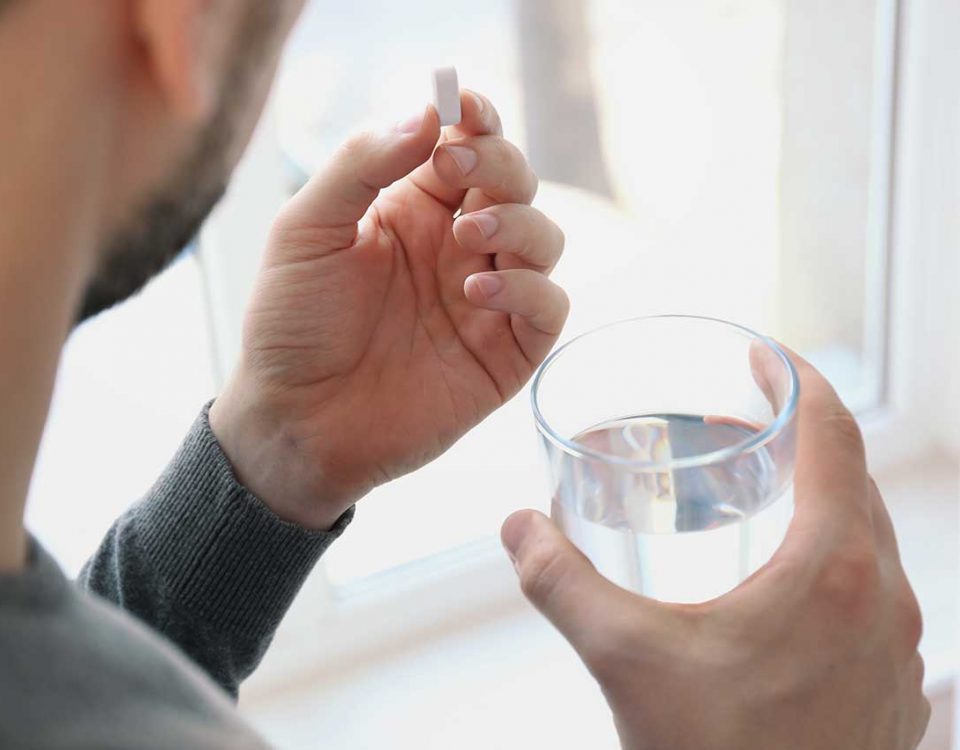People who battle addiction or have loved ones who struggle with this disease can understand how negatively impacting it can be. Addiction can cause hurt in every area of a person’s life, causing relationships to break and self-confidence to drop. It’s normal for recovering addicts to feel guilty or ashamed of their past behavior. These feelings can also occur when a person in recovery relapses. While they’re often pressing, it’s essential to learn how to handle guilt and shame to prevent them from taking over your life. Our Stuart, Florida treatment center wants to help you or a loved one succeed by sharing some tips for overcoming guilt and shame in addiction recovery.
What Is The Difference Between Guilt and Shame?
Shame and guilt are often used interchangeably, but they don’t mean the same thing. Guilt is rooted in regret. When a person feels guilty, usually it’s because they regret a choice they’ve made or their behavior. Guilt is a remorseful feeling that can either motivate a person to correct the situation or cause them to act out negatively or irrationally. This feeling often leads to an unhealthy amount of regret and heartbreak over uncontrollable situations. Guilt can also take over even when this individual has done everything in their power to set things right and make amends.
Shame, on the other hand, is related to humiliation. Embarrassment is the root of shame, which can lead to additional feelings of hurt. Usually, people who feel ashamed isolate themselves, which can be especially dangerous in addiction recovery. Unlike people who feel guilty, those who feel shameful may avoid a situation instead of trying to help it. Shame causes people to run away from issues and avoid things that need to be done or said. The feeling also promotes hopelessness, sadness, heartache, and even self-pity, all of which can have negative results. At Banyan Treatment Centers Stuart, we provide patients with therapy treatments like art therapy and CBT because we understand how difficult letting go of guilt and shame in recovery can be.
Questions about our Facilities or Programs?
Our admissions coordinators are available 24/7 to answer any questions you may have as you consider whether treatment at Banyan is right for you or your loved one.
How To Deal With Guilt in Addiction Recovery
Guilt can sometimes be a sign of accountability. It’s normal and appropriate to feel guilty when you’ve done something wrong. If you’ve acted against your morals or did something wrong you promised you’d never do again, guilt will typically follow suit. In this case, guilt is an appropriate response. Not feeling guilty in situations where you’ve done something wrong can actually be a sign of a more significant issue. An antisocial personality disorder is a mental condition characterized by a person’s lack of regard for right and wrong. Individuals with this disorder may ignore the rights and feelings of others and may even antagonize them, manipulate them, or treat them harshly. Although a lack of guilt doesn’t necessarily mean you have this condition, the feeling can indicate a healthy conscience, which is a good thing.
Inappropriate guilt can stem from a variety of situations. Feeling guilty over something that’s out of your control is inappropriate or misplaced guilt. On the other hand, there are certain situations where you may play a direct hand in your guilt. If you continue to do things that make you feel guilty, then you’re the one creating the problem. When it comes to addiction recovery, your main fight will always be against drugs or alcohol. But if using these substances makes you feel guilty, then avoid them.
Acknowledge Your Feelings
Ignoring your feelings, as complicated as they may be, is dangerous and unhelpful. What tends to happen is that these feelings are bottled up so tightly to the point where everything pops. When this happens, you may turn to methods that provide immediate (yet false) relief, like drug or alcohol abuse. Ignoring difficult feelings can also promote isolation and bitterness. When negative thoughts and emotions are never addressed, they often sow seeds of anger and bitterness that can cause you to act out towards people you care about. You have to acknowledge these feelings and why they’re occurring in order to let go.
Forgive Yourself and Others
Forgiveness is key to getting over guilt and shame! Forgiveness is arguably the most challenging aspect of addiction recovery because it requires you to acknowledge your mistakes and then let them go. There’s no room for guilt or dwelling on the past where forgiveness is involved. Guilt and shame can blind us to our amazing qualities. If you’re sober, that’s a huge accomplishment! Forgiveness is also part of making amends with people you hurt or people who hurt you. Addiction is a sticky, messy, and painful thing that can tear even the strongest relationships apart. However, any guilt you may feel from a relationship broken down by your past behaviors can dissipate when forgiveness for others and yourself are practiced.
Work On Loving Self-Talk
One important strategy for dealing with guilt is changing the way you speak to yourself. We’re often our worst enemies, and we tend to be tougher on ourselves than we would be on anyone else in the same situation. There are plenty of unloving things that we may say to ourselves that we would never think to say to our friends or family. Hateful self-talk is damaging and only amplifies any negative emotions you may be feeling. When you begin feeling guilty or shameful, avoid hateful self-talk like “I’m so stupid. Why did I do that?” or “I can’t do anything right.” This kind of mentality only contributes to worsening feelings that can lead to dangerous coping methods like substance abuse.
Talk to Others
Addiction recovery is not something you’re meant to do alone. It takes a strong support system to achieve long-term sobriety. Speak to your counselors, peers, therapist, or supportive family and friends about your struggles. Banyan Stuart values recovery support so much that we offer an alumni program for patients who have completed one of our drug or alcohol rehab programs in Florida. In this program, our Banyan alumni can connect with recovery advocates as well as other people in recovery. We encourage all of our patients to seek support, therapy, and other forms of treatment that address the emotional aspects of their conditions.
Getting into treatment is easy with our free insurance verification
"*" indicates required fields
Addiction recovery can be a challenging process filled with plenty of ups and downs, but the good that comes out of sobriety will always be worth it. If you’re struggling with addiction or have a friend or family member who is, call us now at 888-280-4763 to find out how our addiction treatment in Stuart can help.








